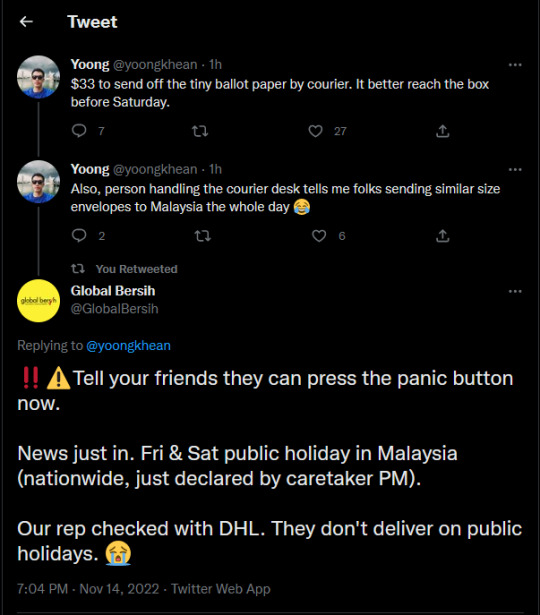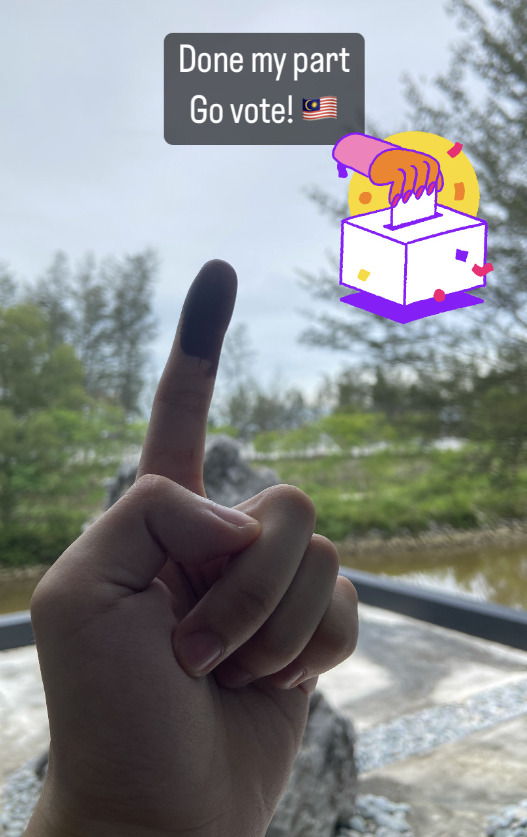#GE15
Photo
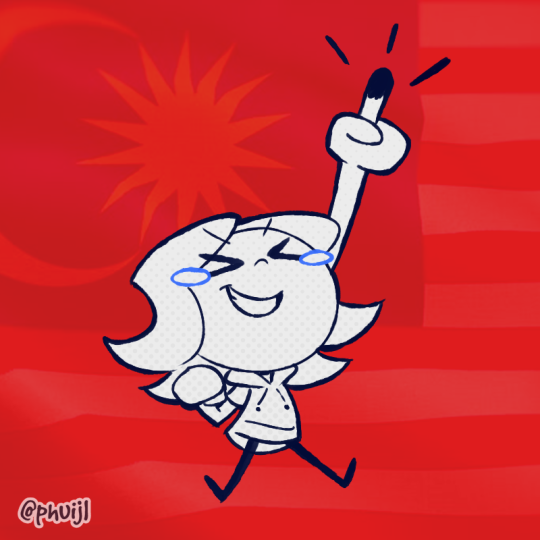
After so many years of struggle, hard work and the whole world is still always against you, a GLORIOUS new era is finally happening in my home country Malaysia.
PROUD!!!

#malaysia#ge15#malaysia ge15#PM10malaysia#anwar ibrahim#i don't normally talk about politic but this is a HUGE deal to us and we have waited SO MANY YEARS for this moment#original
56 notes
·
View notes
Text
"The system was deeply Malaysian in spirit — loose yet coordinated, improvised yet thorough, and a lot of last-minute problem-solving. It also required a huge degree of trust in people you’ve never met"
#malaysia#I could not be prouder to share a nation with those absolute heroes#and I could not be more ashamed of the system that forced them to do all this#this country is not perfect#you can't even call it efficient#but I will not have it be said we are not trying#every damn day#to make it better#pru15#GE15#malaysia ge15
25 notes
·
View notes
Link
The one prediction almost everyone got right about in Malaysia's general election is that it would deliver a hung parliament.
That is because the dynamic of a single incumbent ruling coalition being challenged by an alliance of opposition groups, which had defined Malaysian politics since independence in 1957, was broken at the last election in 2018 when Barisan Nasional and its all-powerful main party UMNO lost power for the first time.
In this year's election there were three, not two, big coalitions contesting and it was unlikely any one of them would win an overall majority in the 222-seat parliament.
What very few predicted was that Barisan Nasional (BN) would perform so badly, winning only 30 seats, half the number it won in 2018. The UMNO leadership had pushed hard for this election to be held early, rather than next year, because a string of by-election wins had convinced them they might do well enough to regain power. It was a disastrous miscalculation, leaving the party which ran Malaysia for more than six decades as, at best, a junior partner in a new coalition government.
The beneficiary of UMNO/BN's rout was Perikatan Nasional, a relatively new coalition made up of defectors from UMNO in alliance with the Islamist party PAS. PN ran a slick campaign, but also appears to have won the support of ethnic Malays in rural areas - the demographic that routinely backs UMNO - thanks to lingering public concern over corruption and over the state of the economy after Covid.
The PN leader Muhyiddin Yassin is seen as a relatively clean leader after he was kicked out of UMNO in 2015 for opposing then-Prime Minister Najib Razak over his involvement in a massive financial scandal known as 1MDB. Mr Najib is now serving a 12-year prison sentence.
Mr Muhyiddin became prime minister in 2020 following the collapse of the reformist coalition which had defeated UMNO two years earlier. But he was perhaps fortunate to be forced out himself last year and replaced by an UMNO figurehead, Ismail Yaacob Sabri, who has had to deal with this year's inflation crisis.
"The principal underlying reason is the poor economic conditions and inflation which have hit most Malaysian households, still struggling to get out from the effects of the pandemic lockdown" says Ibrahim Suffian from the Merdeka Centre for Opinion Research.
"Second, it was a concern that the highly unpopular BN leader Zahid Hamidi was going to use the election as a means to gain power, and tamper with the judicial system, with respect to the graft cases he is facing, and drop charges against other BN leaders. As a result, many Malay Muslim voters gave their support to PN and PAS, as it was seen as a viable alternative to BN."
However, it is the Islamic party PAS which seems to have benefited most, winning 44 seats, the largest number of any party. The PAS leader Hadi Awang is known for making inflammatory comments, recently suggesting non-Muslims were the root of corruption in Malaysia. Many Malaysians fear he could bring his party's ultra-conservative agenda into the heart of government.
"People are worried that with their new power PAS would try to introduce more Islamic elements into public policy" says James Chin, Professor of Asian Studies at the University of Tasmania.
"Non-Malays are especially fearful because PAS has made it clear it does not believe they should have political rights. I think people worry that if PAS is part of a governing coalition it will interfere in several core areas, for example demanding control of the Ministry of Education and trying to Islamicise the curriculum."
However PN, even with the 44 seats won by PAS, cannot form a government unless it can persuade UMNO and its BN partners to join it. As they have been working together in an uneasy coalition since 2020 that should not pose too many problems. But for all its unexpected success, PN did not actually win the largest number of seats.
The bloc which won the most seats was Pakatan Harapan, the reformist alliance led by veteran politician Anwar Ibrahim which made history by ousting UMNO at the last election, but then lost power when the governing coalition collapsed in 2020. With 82 seats, nine more than PN, PH should in theory be best placed to form a government. Yet there are reasons this is proving difficult.
The largest component of PH is the Democratic Action Party, which won 40 seats, and which gets most of its support from the large ethnic Chinese minority. Reformists who back PH dream of a genuinely multi-racial country where no-one gets special treatment, regardless of ethnic background.
But the reality of Malaysian politics is that race plays a big role, and parties like UMNO, PAS and Mr Muhyiddin's Bersatu can appeal to the ethnic Malay majority by promising to protect the special status and privileges enjoyed by Malays for most of the country's history.
So while Mr Anwar is a popular and charismatic Malay leader, the not-so-subtle suggestion that his coalition poses a threat to "ketuanan Melayu", or Malay supremacy, is a handicap. Some UMNO leaders have refused to consider a partnership with him. There is also bad blood between the DAP and a 22-seat bloc of parties representing the eastern Malaysian state of Sarawak, whose support could also be instrumental in forming a new administration.
All of which explains why the negotiations since the elections results came in on Sunday morning have been so intense, and the Malaysian Agong, or king, has had to extend the deadline to form a government by 24 hours.
If Mr Anwar is unable to do so there would be pressure on him, at the age of 75, to step aside for younger leaders. That would surely mean an end to his epic, 25-year quest to become prime minister, which saw him spend nearly nine years in jail.
Another giant of Malaysian politics felled in this election is Mahathir Mohammad, the country's longest-serving prime minister, who in many ways shaped modern Malaysia.
He made a remarkable comeback in 2018, defeating his old party UMNO at the age of 92 in an unlikely alliance with Mr Anwar. But the collapse of that alliance in 2020, when Dr Mahathir refused to honour his promise to hand over the premiership to Mr Anwar, damaged his public standing.
Now 97 years old, he insisted on standing for parliament again in what had been a safe seat for him, but was humiliated. He and everyone else in his new party lost their deposits.
Dr Mahathir has loomed large over Malaysian politics for half a century. Perhaps now Malaysians can finally move out from under his shadow.
28 notes
·
View notes
Text
MALAYSIANS!! go out and vote today!! now's your chance to change the state of our country
14 notes
·
View notes
Text
Status update:
✅ Tired Malaysian
#Ge15#We recently had our federal elections#It's been more than a day after the winner has been determined yet no new government has been formed
10 notes
·
View notes
Text
In other news, they dissolved parliament today.
But Maybethings, you say, didn’t they JUST present the 2023 budget? And aren’t several states at risk of flooding in the near future? And isn’t this the government that gained power of majority through several frogs politicians switching parties after a nice night at the Sheraton?
And didn’t the PM relax a quarantine order and go gallivanting around East Malaysia campaigning maskless with other politicians, causing COVID cases to shoot up? And isn’t the health minister the one who suggested warm water could prevent COVID? And isn’t the women and family minister that lady who suggested women should use a voice like Doraemon to sweet talk their husbands?
In short: yes.
Time to get ready again.
#I am as they say somewhat aerated rn#Malaysia#ge15#Southeast Asia#politics#langkah Sheraton#Sheraton move#sheraton shuffle#sheraton backstab
12 notes
·
View notes
Text
im having a fucking STOMACHACHE watching these goddamn election results
8 notes
·
View notes
Photo

Mark of a responsible citizen
8 notes
·
View notes
Text
Today is the day!
Selamat mengundi, rakyat Malaysia! Ke arah Malaysia yang lebih baik. Insya-Allah. 🇲🇾
📸: Sumber gambar

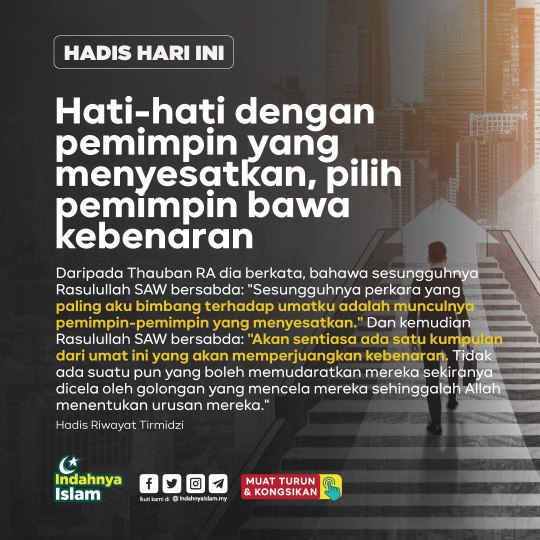
5 notes
·
View notes
Text
Tiktokers posting threats of racial and sectarian violence so now we have to deal with increased police presence.
All because these MPs can't behave like adults and convene to vote over which of them should be PM. No, we'd rather avoid responsibility and publicly force the King to do it for us instead.
#Ge15#The situation has gone from absurd to worrying#Personal#My nerves are so fried#tiktok is a curse
3 notes
·
View notes
Link
After several years of political turbulence, Malaysians are hoping that the results of Malaysia’s upcoming 15th general election (GE15) on Nov. 19 will bring stability and positive change to the country.
But for the nation’s indigenous people, the Orang Asli, those hopes are tempered by decades of marginalisation by the government and broken promises from politicians.
Despite that, the Orang Asli leaders we spoke to said they were still determined to get their communities out to the polls to make sure their voices are heard.
The 217,000 Orang Asli living in Peninsular Malaysia comprise 18 tribes, each distinct with its own unique cultures, languages and social norms. They make up a small percentage of West Malaysia’s population and decades of marginalisation have had a profound impact on them and their way of life, making them the poorest and most overlooked group in the country.
Despite their relatively small numbers, the votes of the Orang Asli community could prove decisive in several races. For example, some 10,000 Orang Asli voters will likely determine who becomes the member of Parliament for Gua Musang in Kelantan.
While politicians have often promised to look after the community’s interests to woo their votes, these promises have rarely been kept post-election season, This has left the Orang Asli extremely vulnerable, particularly in their fights against the big corporations that prey on their indigenous lands. In these battles, they receive little or no help from state governments, who often stand to profit from their misfortune.
Losing ground
The Orang Asli were self-sufficient for many centuries, despite being cash-poor. Through the use of forested resources and subsistence farming, they were able to adequately support themselves and their families.
But the increasingly widespread takeover of the Orang Asli’s customary lands by corporations has resulted in grave violations of nearly all of their basic rights including their access to clean water, food, healthcare, shelter, security and life. The most obvious indication of the severity of their marginalisation is in these violations of their customary land rights.
Agriculture development, logging, hydroelectric dams, and tourism are all being aggressively pursued on Orang Asli customary lands.
Tijah Yok Chopil, 53, is a Semai Orang Asli woman and teacher from Kampong Chang Sg Gepai in Perak. At the age of 17, she founded Sinui Pal Nanuk Sngik – “New Life One Heart”, an organisation focused on improving the lives of her people.
Since then, she’s held several important positions in Orang Asli organisations, contributed to research and reporting on the use of rainforest resources by Orang Asli women and founded various educational initiatives for Orang Asli children.
Despite all of the infringements Orang Asli rights have suffered over the years, she insists that her people must still go out to vote as it is their duty as citizens of Malaysia. Although, she herself is not confident that the next government will be able to uplift her community.
“I don’t want to put so much hope on the parties contesting since they seem to be more interested in being in power instead of fixing the country,” she told Coconuts.
“I just hope that the rise of independent candidates who are competing will win so that their existence can balance the government that will rule later.”
“The important thing now is that the people should go out to vote because it is an obligation,” she added.
However, she said that as long as Malaysia does not amend Act 134 of the Aboriginal People Act to strengthen the rights of the Orang Asli over their customary lands and their rights as a whole, including fair access to basic facilities like clean water, then these issues will continue to persist.
Looking for change
Research conducted by Dr. Amar-Singh HSS, a paediatrician, illustrates the disparities that the Orang Asli community faces. He found that 80% of the population live in extreme poverty and childhood malnutrition rates among Orang Asli children remain high, with 60-70% classified as malnourished by 5-7 years of age.
His survey for the United Nations Special Rapporteur on Extreme Poverty found that the primary reason for poor health is the high prevalence of malnutrition caused by external social factors affecting the Orang Asli people including resettlement schemes as well as logging and river silt pollution, all resulting in a loss of protein sources.
Mia Yusri is an Orang Asli from the Jahut tribe in Pahang who works as a Field Office Manager with the Global Peace Foundation (GPF). GPF is a non-profit that works with the Orang Asli community through a series of initiatives.
“For me, I want to change the government. During these 3-4 years, we have changed several prime ministers but none made a significant impact, especially towards the Orang Asli community,” the woman in her thirties said.
“So among a lot of bad apples, you have to choose the few good ones, at least,” said Mia, whose father is also an Orang Asli activist.
“I believe the change of government can show the power of the people, checks and balances. The old government has ruled for so long that they are comfortable and don’t care about the power of the people,” she said.
Mia said the sentiment among the Orang Asli in her area is that they are keen to have a general election, although they are unsure who to vote for, while some want to see a change in government and what a new administration could do to help their community.
Nasir B. Dollah, a Temiar activist from Kelantan who once ran as a candidate under Pakatan Harapan during the last general election, told Coconuts the Orang Asli community these days cares heavily about the state of politics in the country.
“The sentiment of the Orang Asli community is that they want a big change in the history of Malaysia. That is, they want a government that is really committed and dares to make changes to the rights and interests of the Orang Asli,” he said.
“For example, the issue of Recognition of Indigenous Land Rights and Customary Territories, changes in the Orang Asli’s department policies and bureaucracy, improvements to the education system, health, infrastructure such as basic facilities, especially issues of roads, clean water sources, and houses.”
“We have seen national leaders who previously led government and failed to defend the fate of the Orang Asli people – Tun Mahathir, Muhyiddin Yassin, Ismail Sabri and even Najib Razak. They led UMNO for almost 60 years but the main issues facing the Orang Asli community still remain unresolved,” he said while throwing his support behind Anwar Ibrahim, the prime ministerial candidate of Pakatan Harapan in this election.
“The Orang Asli or society may blame the 22-month administration for their sufferings, but do they realise it is the 63-year BN administration that had failed to defend their rights and uplift their welfare, especially in providing roads, clean water and electricity?”
Representing hope
No matter how the Orang Asli community votes in GE15, the chances that their interests will be represented in the next government remain limited.
The only Orang Asli who has ever won office is Ramli Mohd Nor, a Semai, who won the Cameron Highland by-election in 2019 with 12,038 votes under Barisan Nasional.
Ramli remains the only Orang Asli in Western Malaysia who will run again in GE15.
Furthermore, in browsing through the GE15 manifestos of the top three coalitions – Pakatan Harapan, Barisan Nasional and Perikatan Nasional – we found that only Perikatan Nasional promised to establish a Special Cabinet Committee on Socioeconomic Development and Rights of Orang Asli if they win GE15.
So where can the Orang Asli look to for hope that their community will finally have its voices heard and rights protected? Mia said her people shouldn’t pin their hopes on any particular political group but must instead find the strength to make change happen themselves.
“I don’t want to be obsessed with any political party, but this time I really hope the government changes. If it doesn’t work and there is no change, we change it. We will give them time to come up with a plan for the people but not too long, especially with the Orang Asli. We have suffered long enough.”
31 notes
·
View notes
Text
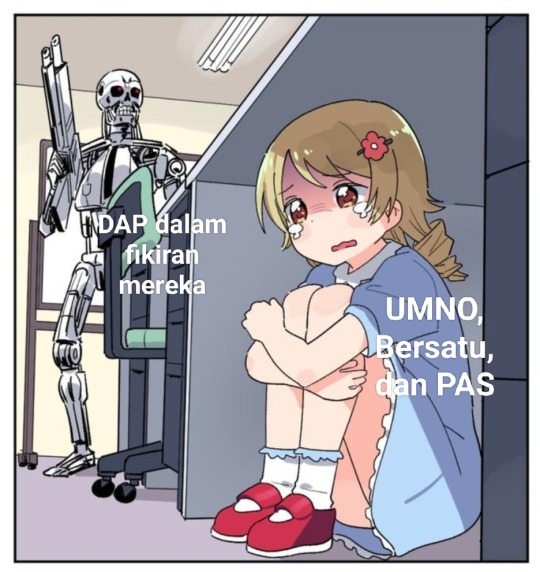
4 notes
·
View notes
Text
anwar ibrahim confirmed most hung person in parliament
3 notes
·
View notes
Photo
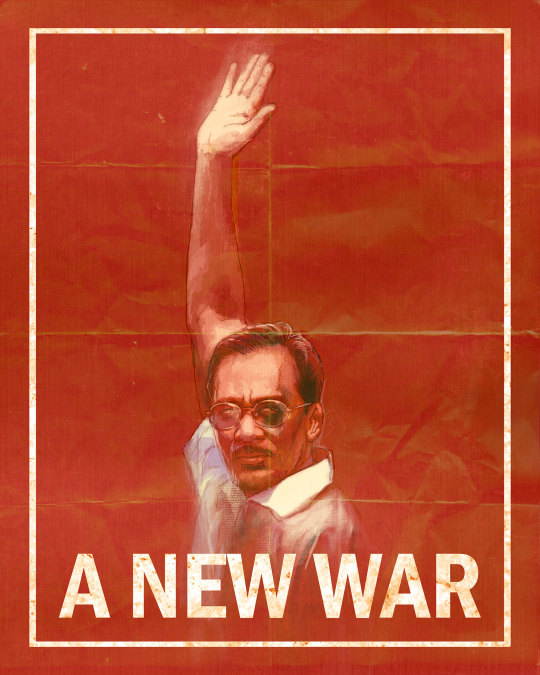
Are we winning? Are we merely means to an end? I hope this won't cost a black eye to those who believe #AgainstCorruption #AgainstRacialSupremacy
A long way to go towards Malaysian Malaysia. Maybe never.
3 notes
·
View notes
